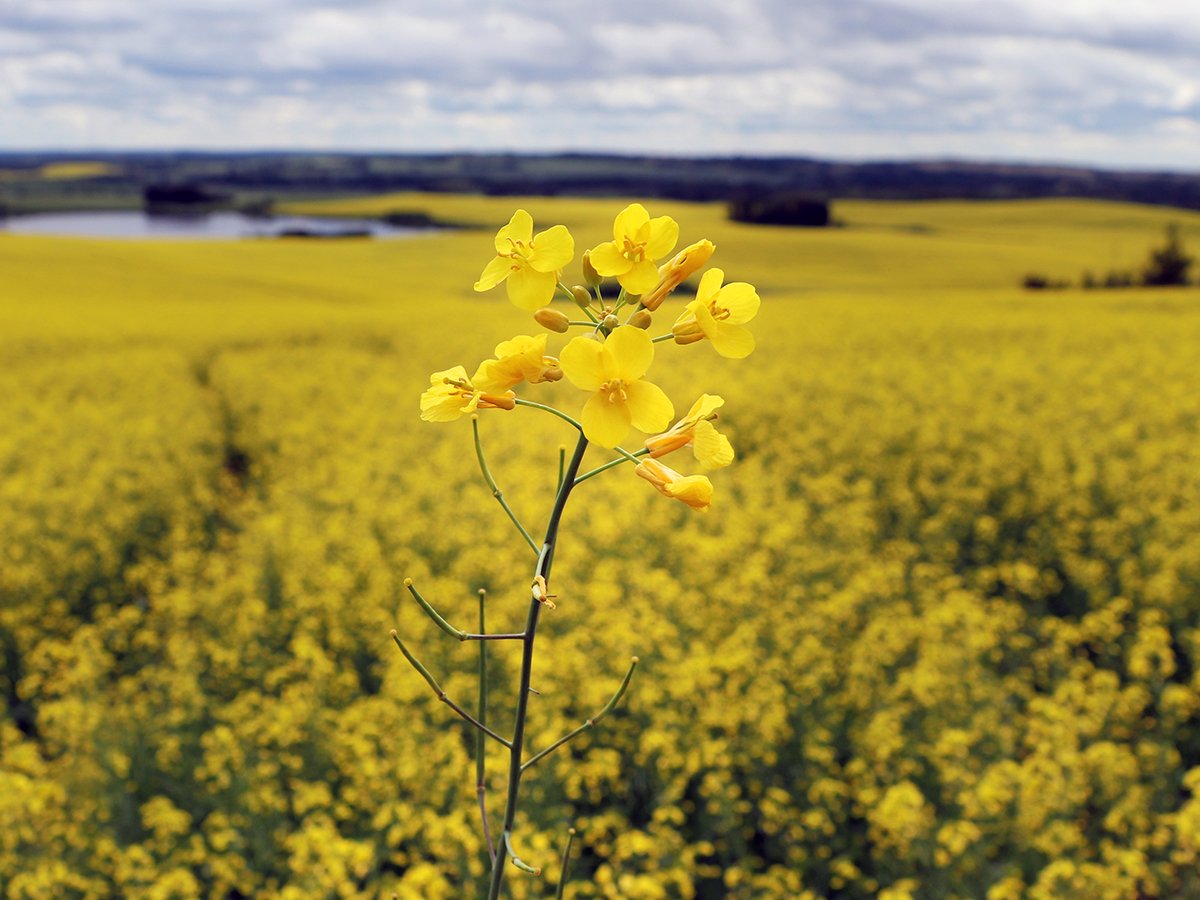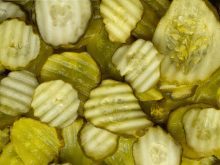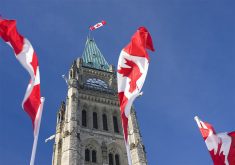As his term as director general of the World Trade Organization winds down, Pascal Lamy has reflected on why a Doha Round deal was not clinched on his watch.
And despite all the attention paid over the years to contentious agricultural issues that always are perceived to be at the core of negotiation breakdown, they do not make his top 10 list.
Over the years and in an interview several years ago, Lamy pointed to agricultural tensions between export interests and sensitive product protection as one of those lingering issues that takes up much WTO oxygen.
Read Also

Chinese offer complicates canola marketing
Recently the Chinese ambassador indicated that there would be a potential deal between Canada and China regarding the current tariff war.
But in a recent speech in Berlin, Lamy argued that the failure to close a WTO Doha Round deal after more than a decade of effort reflects a much broader and deeper malaise, nothing less than a decline in global international co-operation.
At the core, he said, is the fact that there is suspicion between developed and developing countries.
The current WTO Doha Round is premised on the fact that while rich industrialized countries should deeply cut subsidies and protection, developing countries should be given some slack while they “catch up.”
But in the decade since Doha was launched, many “developing” countries like India, China and Brazil have soared economically and now are highly competitive in world markets.
Developed countries question whether these low-cost competitors should get special consideration in a trade-liberalizing deal. Developing country negotiators resent the question.
There is nothing original in that opinion, but Lamy’s analysis of why WTO talks are at a stalemate should give agricultural export enthusiasts in Canada, New Zealand and Australia some pause.
To listen to them over the years of lobbying and swarming at WTO negotiations, a key blocking point to a deal is agricultural protectionism, with Canada’s supply management system at the head of the list of irritants. If only Canada would abandon protection for dairy, poultry and egg producers, it would restore the country’s trade negotiation reputation, negotiating stalemates would end and the sun would once again rise in the east.
In reality, the WTO quagmire always has been much more complicated than that.
It is true that agricultural policy conflict has often been a factor in some of the spectacular trade negotiation collapses — Montreal in 1988, Brussels in 1990, Seattle in 1999 and Cancun in 2003.
But it also is true that behind the visible agricultural tensions have been many other deep and broad disagreements on issues as wide ranging as intellectual property protection, financial services and manufactured goods.
Agriculture, while visible and politically sensitive, is a small piece on a much broader screen.
The idea that lack of access to a Canadian dairy and poultry value-added market worth hundreds of millions of dollars is thwarting a deal that would open trillion dollar markets has always stretched credibility.
Lamy, a former European Union bureaucrat who paid his dues defending Europe’s own soiled laundry of agricultural protectionism, has put the current stalemate in a broader context.
It is worth remembering the next time that the Canadian dairy cow is fingered for holding the world’s economy hostage.














